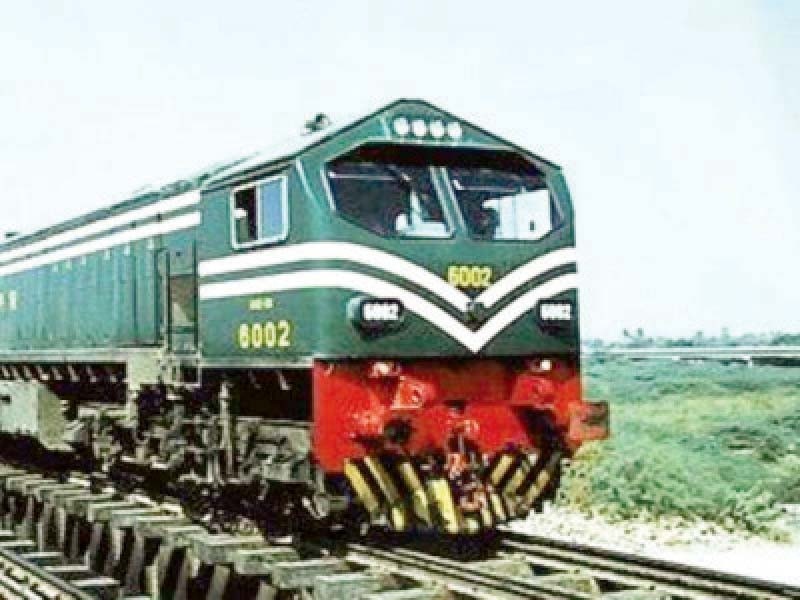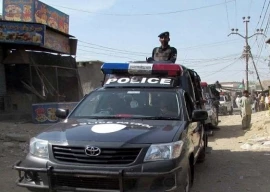
The Pakistan Railways Karachi Division is grappling with a shortage of staff, with over 4,500 vacancies ranging from grades 1 to 16 in the fields such as civil engineering, transportation, and mechanics.
This dearth of human resources has led to significant disruptions in the functioning and administrative operations of Pakistan Railways.
Railway officials emphasise the urgency of recruiting young talent, especially in light of upcoming projects within the department.
Despite the Karachi Division contributing a substantial 68 per cent of Pakistan Railways’ revenue, it receives a mere 10 per cent of the overall budget.
This imbalance has prompted calls for fairer distribution of resources.
Pakistan Railways, often referred to as the backbone of the state’s economy, provides affordable high-speed and comfortable mass transportation services.
The most of its operations hinge on the dedication and efforts of its labour force.
Within the Karachi Division, the vacancies breakdown with 1,130 positions in civil engineering, 741 in mechanical, 540 in mechanical C&W [Carriages and Wagons], 180 in electric power, 823 in transportation, 153 in electric RTL [Railway Train Lighting], 380 in commercial, 138 in signal, 25 in telecommunication, 142 vacancies in medical department and dispensaries, 152 in general administration at Karachi Division Railway Station, and 310 vacancies in mechanical C&W/shop in Hyderabad.
Officials from the department highlighted the disparity between Karachi Division’s revenue contribution and its budget allocation.
Despite providing the highest revenue, Karachi Division is hardly allotted only Rs2.5 million monthly for local procurement.
Additionally, income from stalls at stations ranges from Rs50,000 to Rs100,000, and platform ticket sales add Rs28,000 to Rs32,000 per month.
In total, the division earns Rs8 million to Rs10 million daily.
The busy railway stations in Karachi reflect the division’s importance.
Daily footfall statistics include around 1,500 at Karachi City Station, 3,800 to 5,000 at Karachi Cantt Station, 700 at Drig Road Station, 900 to 1,000 at Landhi Station, and about 1,000 at Hyderabad Station.
Divisional Superintendent, Nasir Khalili, voiced concerns about the adverse impact of the staff shortage on the railway’s operations and administration.
He recommended investment in modern machinery to enhance efficiency.
He acknowledged the historical significance of the railway’s workforce but also proposed a pragmatic approach.

1719315628-0/BeFunky-collage-(8)1719315628-0-405x300.webp)


1731329418-0/BeFunky-collage-(39)1731329418-0-165x106.webp)

1731737597-0/Untitled-design-(12)1731737597-0-270x192.webp)
1731746071-0/Untitled-design-(11)1731746071-0-270x192.webp)
1731749026-0/Copy-of-Untitled-(3)1731749026-0-270x192.webp)









COMMENTS
Comments are moderated and generally will be posted if they are on-topic and not abusive.
For more information, please see our Comments FAQ